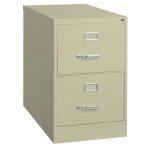In the realm of healthcare administration, maintaining efficient office solutions is paramount to ensuring smooth operations and safeguarding sensitive patient information. Medical filing cabinets play a crucial role in this context, offering secure storage solutions that adhere to strict regulatory standards. From organizing patient records to storing essential medical supplies, these cabinets provide healthcare professionals with the tools they need to streamline administrative tasks and focus more on patient care.
The Importance of Secure Storage in Healthcare Settings
Medical facilities handle vast amounts of confidential patient information daily, ranging from medical histories to billing details. Ensuring the security and privacy of this data is not only a legal requirement under HIPAA (Health Insurance Portability and Accountability Act) but also essential for maintaining patient trust. Medical filing cabinets are designed with features such as lockable drawers and secure mechanisms to prevent unauthorized access, thereby safeguarding sensitive information against breaches and identity theft.
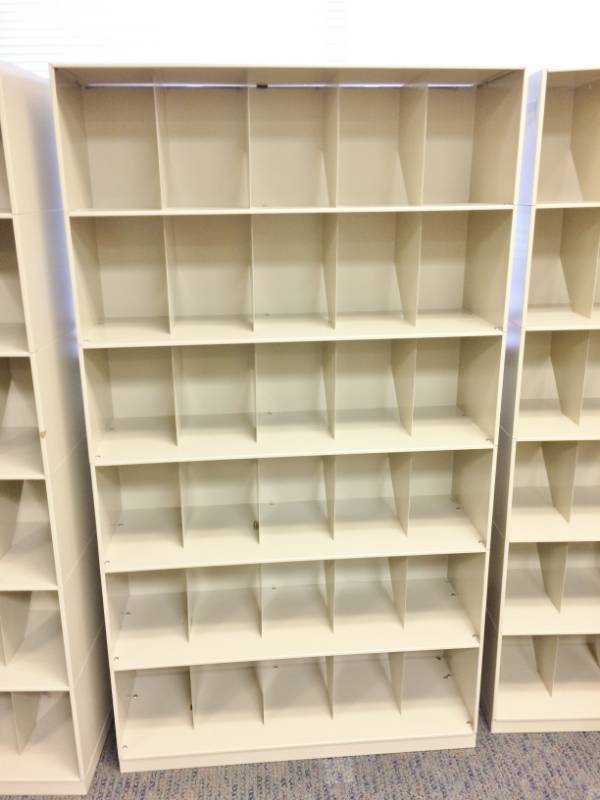
Types of Medical Filing Cabinets Available
Medical filing cabinets come in various types and configurations to accommodate different storage needs within healthcare settings. Vertical filing cabinets are commonly used for storing patient records and administrative documents in a compact and organized manner. Lateral filing cabinets offer wider drawers that facilitate easy access to files, making them suitable for larger medical practices or departments requiring frequent file retrieval. Specialty cabinets, such as those designed for medical supply storage or X-ray films, provide tailored solutions to specific storage requirements in healthcare environments.
Design Features for Enhanced Organization and Efficiency
The design of medical filing cabinets is optimized for efficiency and organization. Adjustable dividers and shelving systems allow healthcare administrators to customize storage spaces according to their specific needs, whether it’s organizing files alphabetically, by patient ID, or by medical condition. Some cabinets incorporate color-coded labeling systems or digital indexing options to further streamline file retrieval processes, reducing the time spent searching for specific documents and improving overall office productivity.
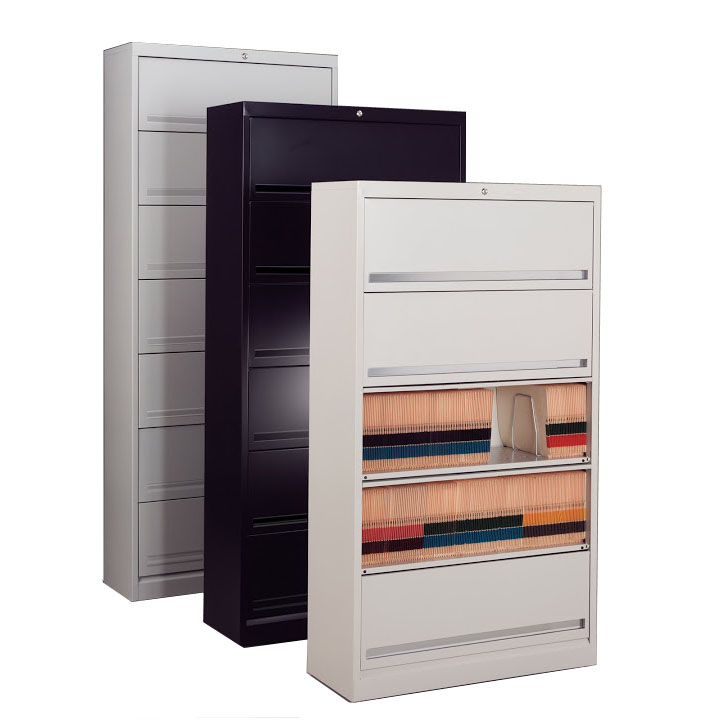
Durability and Longevity in Healthcare Environments
In healthcare settings, where daily use and frequent handling are common, durability is a critical factor in choosing medical filing cabinets. Cabinets constructed from high-quality materials such as steel or heavy-duty plastics offer resilience against wear and tear, ensuring they withstand the rigors of a busy medical office. Scratch-resistant finishes and reinforced drawer fronts contribute to the longevity of these cabinets, minimizing maintenance requirements and extending their operational lifespan.
Integration with Electronic Health Records (EHR) Systems
As healthcare facilities increasingly transition to electronic health records (EHR) systems, the role of physical filing cabinets is evolving. Many modern medical filing cabinets are designed to complement digital record-keeping practices, offering secure storage solutions for physical documents that serve as backups or legal copies. Integration features, such as compatibility with barcode scanning or RFID technology, facilitate seamless retrieval and tracking of physical files, maintaining continuity between electronic and paper-based record management systems.
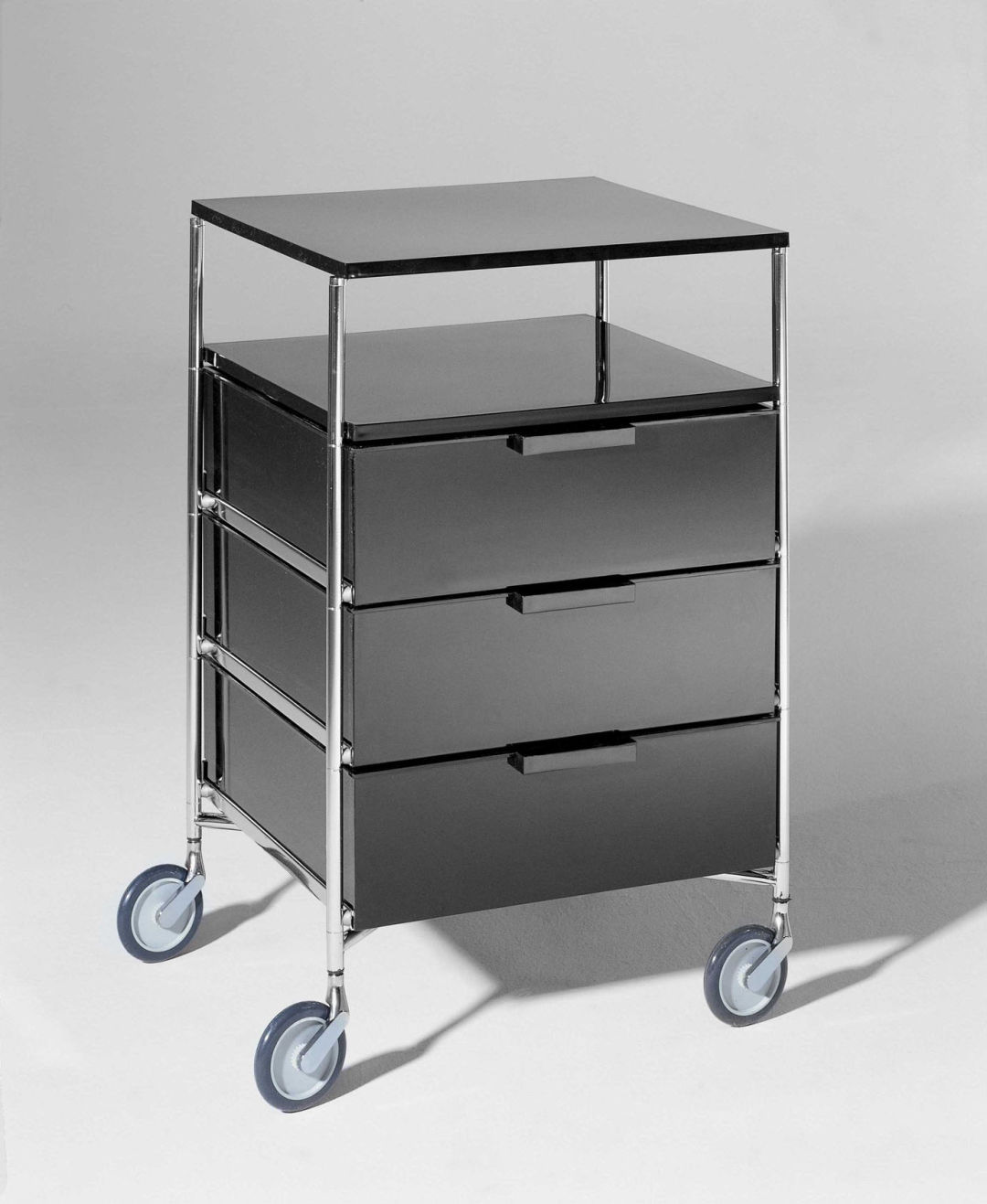
Compliance with Regulatory Standards and Best Practices
Adherence to regulatory standards and best practices is non-negotiable in healthcare settings, where compliance failures can result in severe penalties and compromise patient confidentiality. Medical filing cabinets are manufactured to meet stringent requirements set forth by HIPAA, ensuring that they provide adequate safeguards against unauthorized access, theft, or loss of sensitive information. Regular audits and assessments help healthcare organizations maintain compliance with regulatory guidelines and implement necessary updates to their storage systems as needed.
Cost-Effectiveness and Return on Investment (ROI)
Investing in high-quality medical filing cabinets is a cost-effective decision for healthcare facilities in the long run. By enhancing office efficiency, reducing administrative errors, and mitigating risks associated with data breaches, these cabinets contribute to overall cost savings and improved operational outcomes. Moreover, their durability and resilience minimize replacement costs over time, making them a sustainable investment that supports the financial health of healthcare organizations.
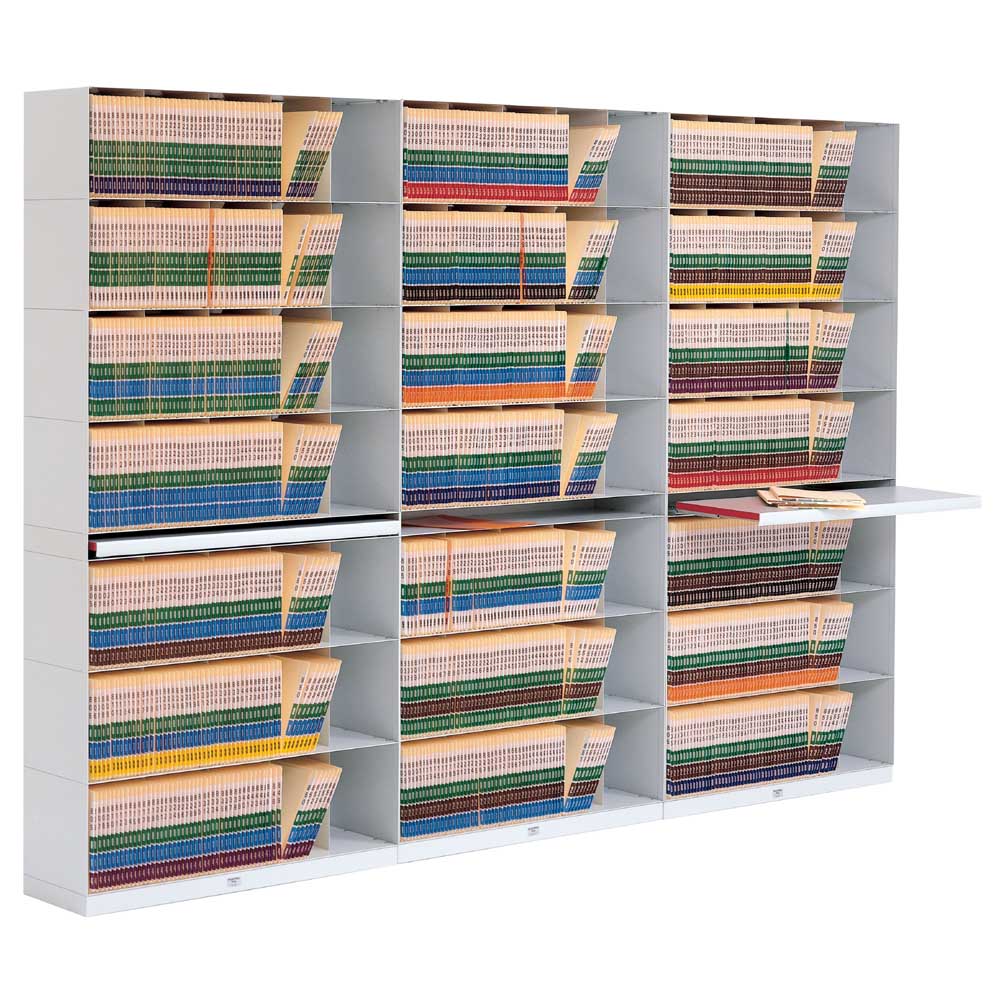
Choosing the Right Medical Filing Cabinet for Your Needs
When selecting medical filing cabinets, healthcare administrators should consider factors such as storage capacity, security features, ease of access, and compatibility with existing office furniture and layouts. Consulting with suppliers or manufacturers who specialize in healthcare storage solutions can provide valuable insights and recommendations tailored to specific organizational requirements. By choosing cabinets that prioritize security, functionality, and compliance, healthcare facilities can ensure efficient office operations and uphold the highest standards of patient care and confidentiality.
Efficient Office Solutions: Medical Filing Cabinets for Secure Storage
In healthcare administration, ensuring efficient office solutions is crucial for maintaining smooth operations and safeguarding sensitive patient information. Medical filing cabinets play a pivotal role in these efforts, offering secure storage solutions that adhere to rigorous regulatory standards. From organizing patient records to securely storing essential medical supplies, these cabinets provide healthcare professionals with the tools needed to streamline administrative tasks and focus more on delivering quality patient care.
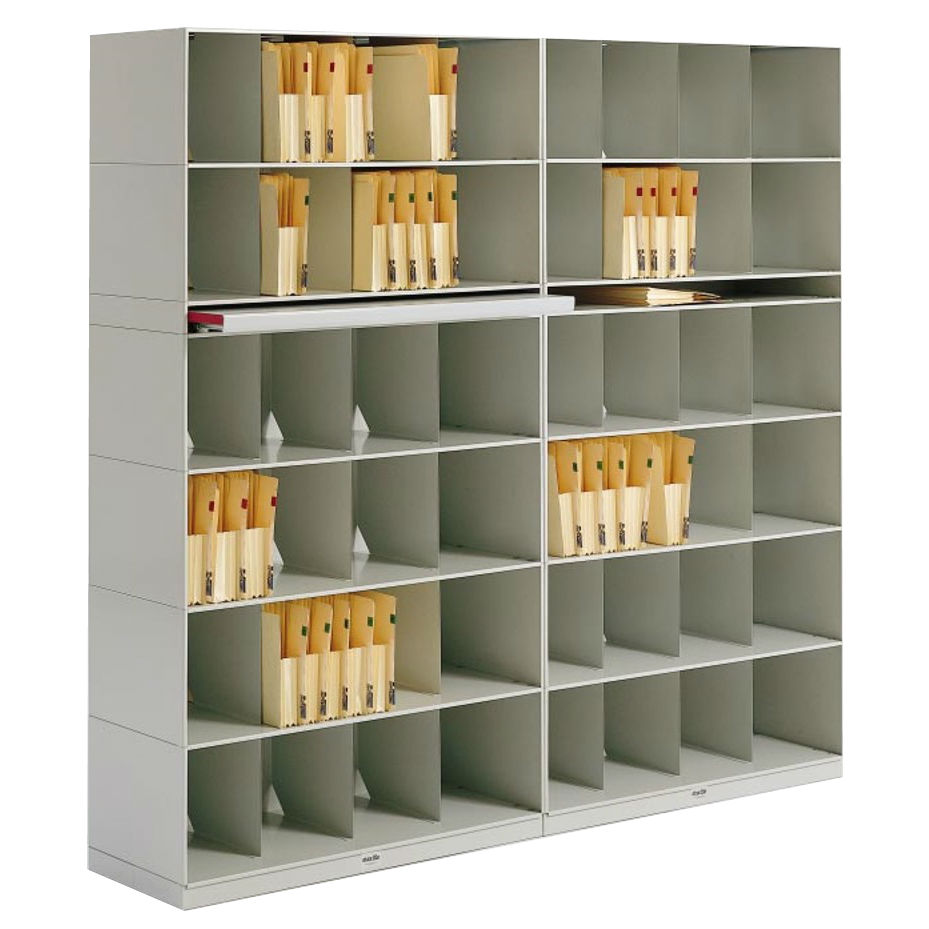
The Importance of Secure Storage in Healthcare
Healthcare facilities handle extensive volumes of confidential patient information daily, ranging from medical histories to billing details. Ensuring the security and privacy of this data is not only a legal requirement under HIPAA but also essential for maintaining patient trust. Medical filing cabinets are designed with features such as lockable drawers and secure mechanisms to prevent unauthorized access, thereby safeguarding sensitive information against breaches and identity theft.
Types of Medical Filing Cabinets Available
Medical filing cabinets are available in various types and configurations to meet diverse storage needs within healthcare environments. Vertical filing cabinets are commonly used for compactly storing patient records and administrative documents. They are ideal for smaller spaces and environments where floor space is limited. Lateral filing cabinets offer wider drawers that facilitate easy access to files, making them suitable for larger medical practices or departments requiring frequent file retrieval. Specialty cabinets, such as those designed for medical supply storage or X-ray films, provide tailored solutions to specific storage requirements in healthcare settings.
Conclusion
Medical filing cabinets represent more than just storage solutions in healthcare settings; they are essential tools for maintaining efficiency, organization, and security in managing patient records and administrative documents. By investing in quality cabinets that meet regulatory standards and support operational workflows, healthcare facilities can enhance productivity, protect patient confidentiality, and achieve sustainable office practices that benefit both staff and patients alike.

